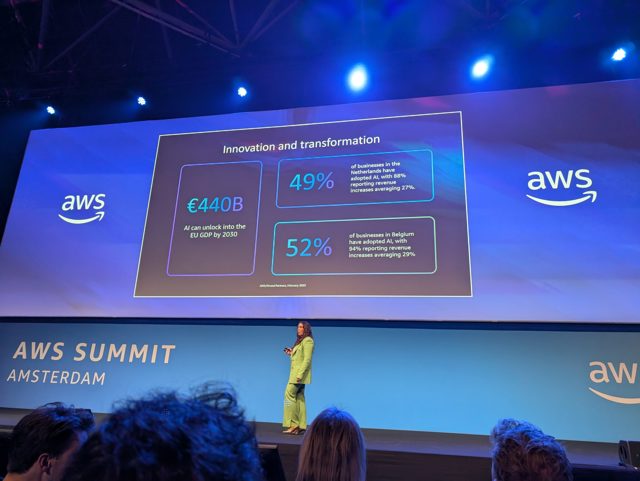April 22 2024
Responsibly connecting on social media: The RE-LINK Project
The article in I/O magazine discusses the research of Fernando P. Santos, Assistant Professor at the Informatics Institute of the University of Amsterdam, on the impact of algorithms that recommend new connections and groups on platforms like Facebook, X (formerly Twitter), and LinkedIn. These algorithms, known as link recommendation algorithms, are the focus of the RE-LINK research project, funded by a 1.5 million euro ERC Starting Grant.
Santos and his team are studying how these algorithms affect users' propensity for pro-social behavior, promoting discrimination based on group identity, or spreading false or malicious information. The aim of RE-LINK is to develop an algorithm that makes responsible link recommendations, which, for example, do not undermine mutual helpfulness, do not increase bias or discrimination, or do not discourage people from reporting malicious content.
The project commenced on March 1, 2024, and includes a team of three PhD students and a postdoc who will study the link recommendation algorithms over the course of five years. The findings from this research could have significant implications for the practices of social media companies, especially in light of the European Digital Services Act (DSA), which came into effect in February 2024.
Vergelijkbaar >
Similar news items

April 16, 2025
AWS: Dutch businesses are adopting AI faster than the European average
read more >

April 16, 2025
Submit your nomination for the Dutch Applied AI Award 2025
read more >

April 16, 2025
UK government tests AI to predict murders
read more >